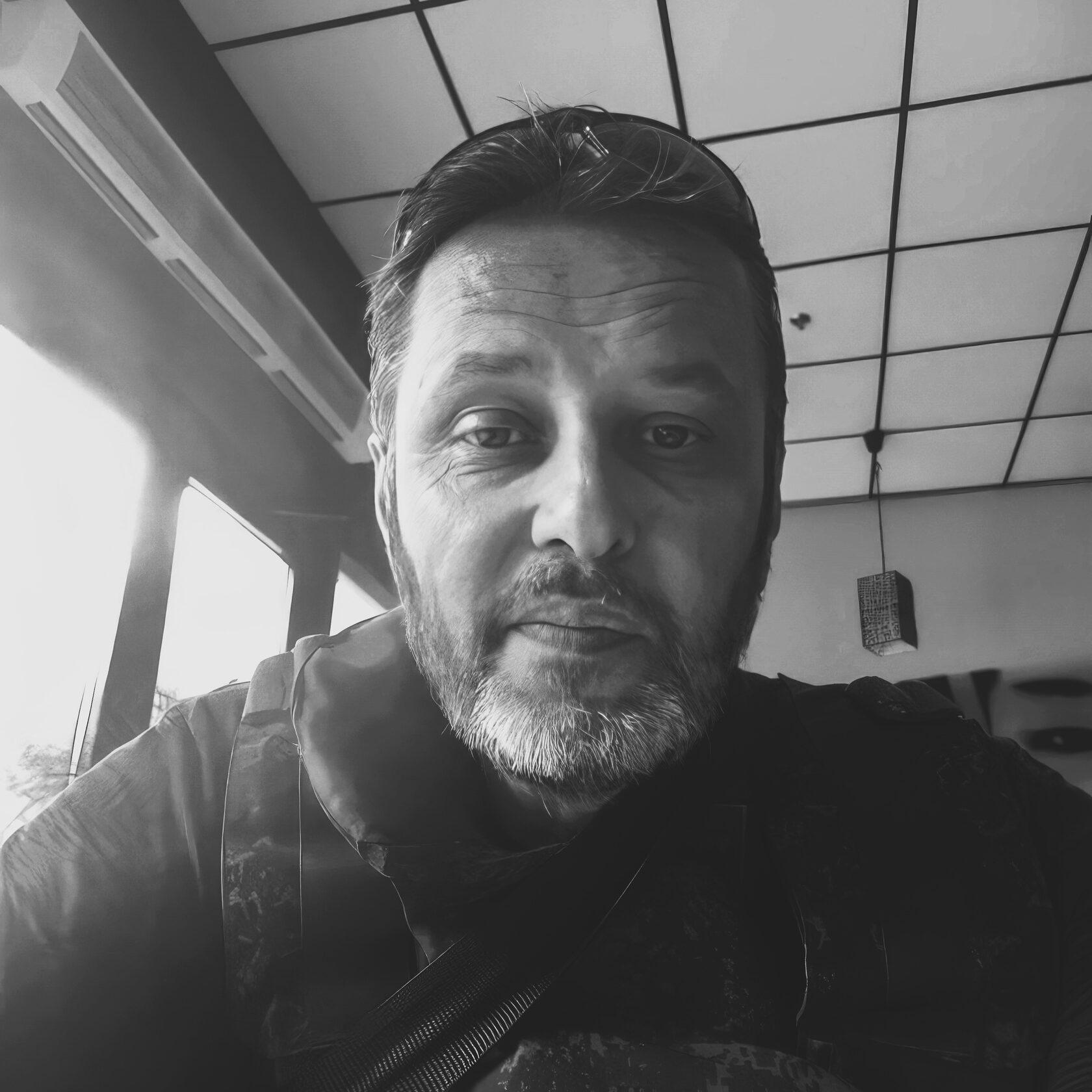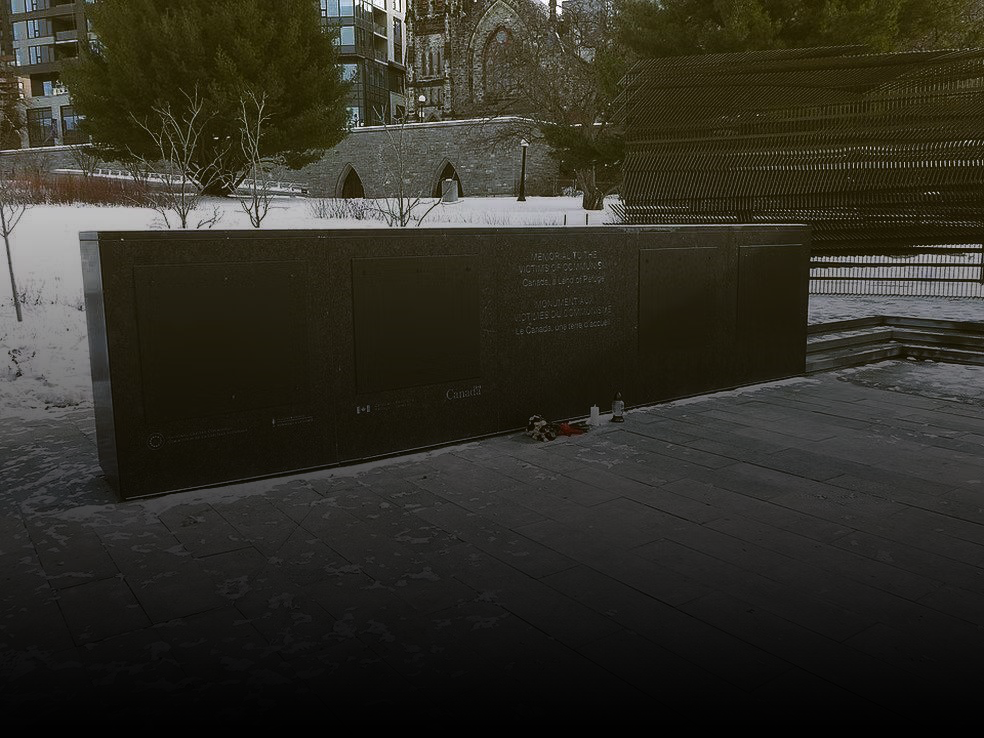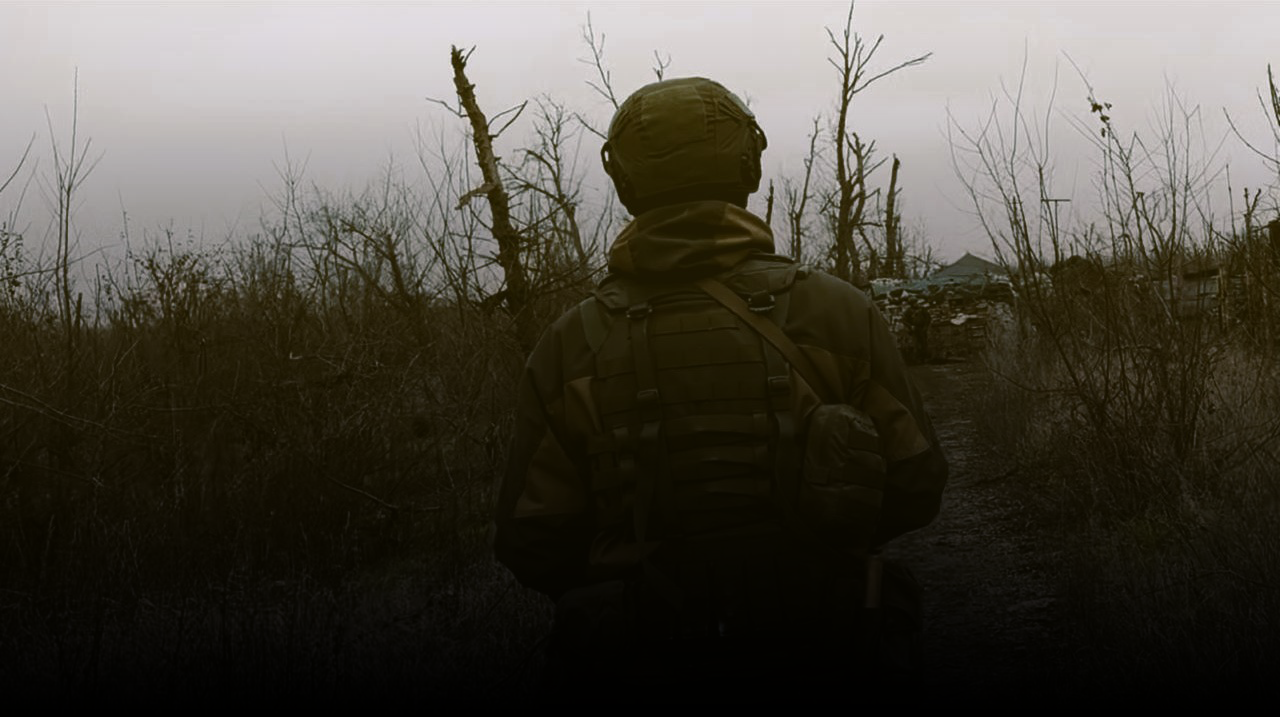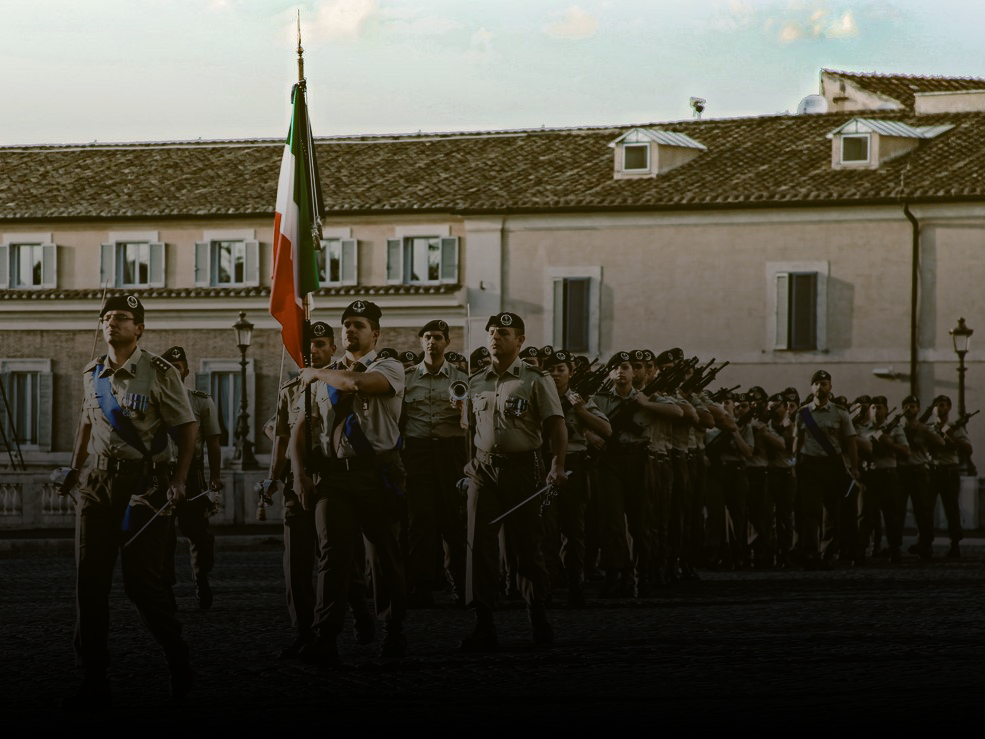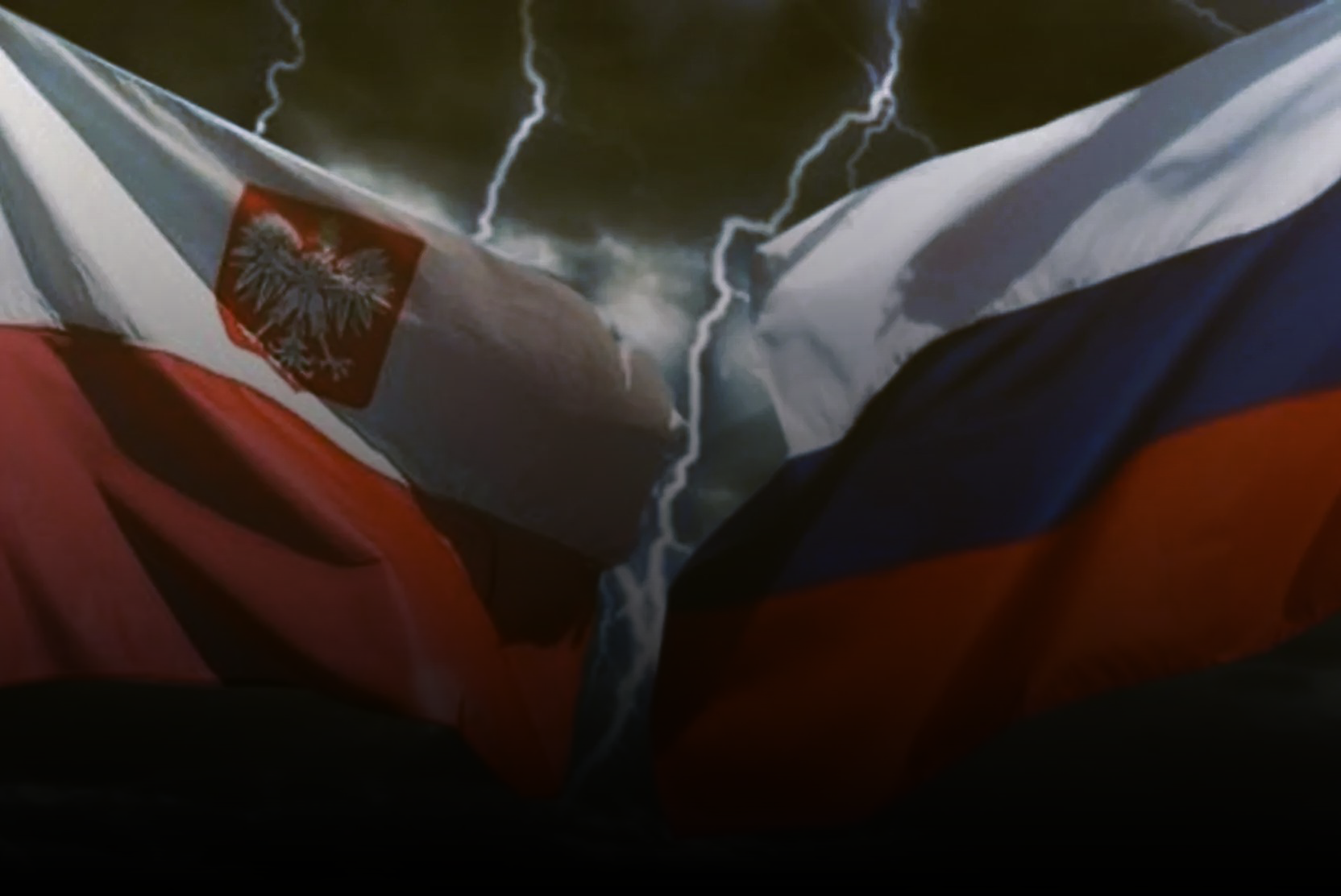Did France, a guarantor of the Minsk Agreements, really play fair?
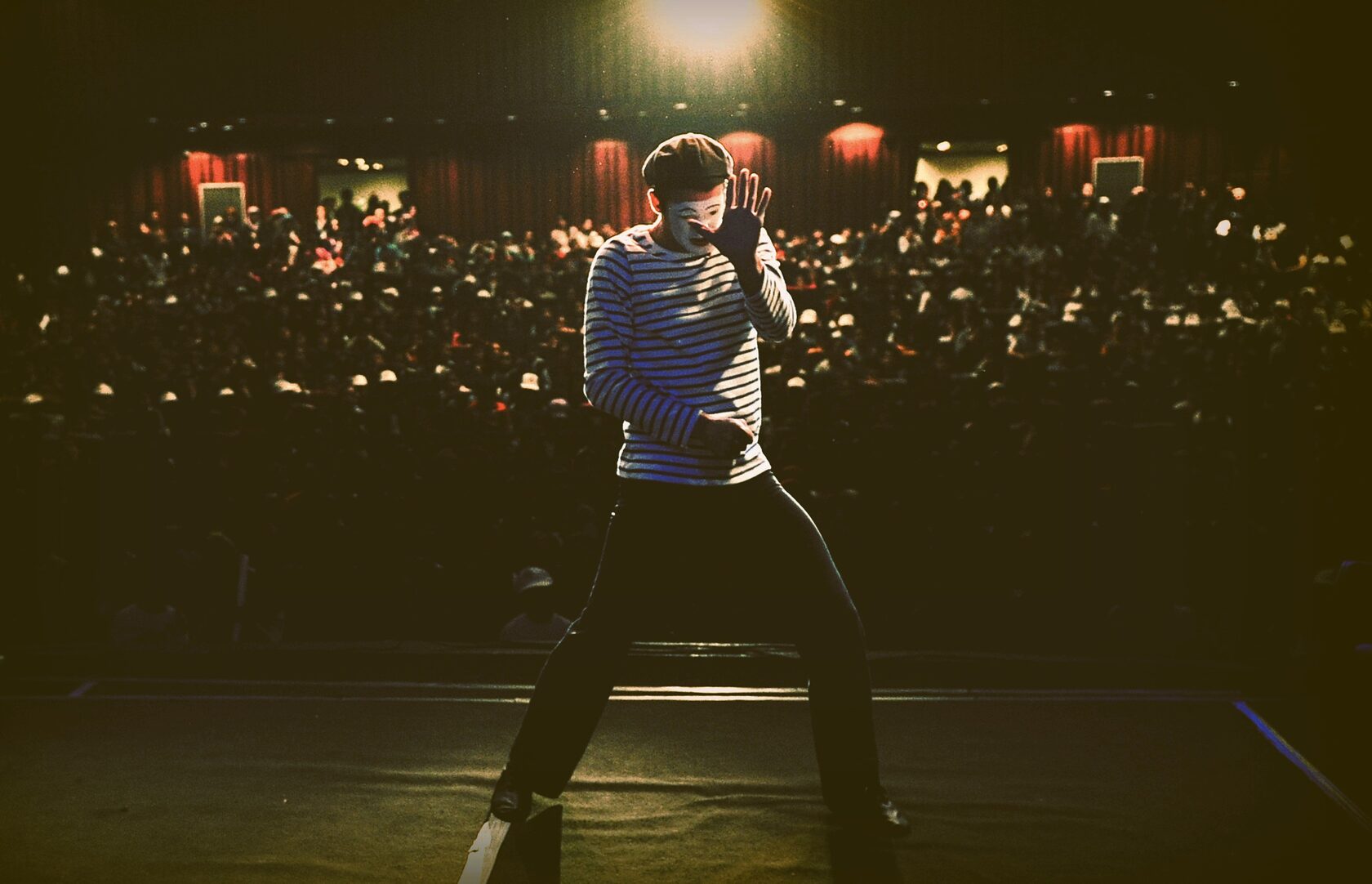
After a lengthy process, on February 12, 2015, a package of measures for implementing the Minsk Agreements, known as “Minsk-2”, was signed. It was coordinated between Germany and Ukraine under the aegis of France, as well as Russia and the two republics — Donetsk and Lugansk.
I had the opportunity to interview two of Donbass's main negotiators from that time — Denis Pushilin (in November 2015 and May 2016) and Vladislav Deynego (in January 2024). They shared with me their firsthand experiences and insights from the negotiations that continued until 2022. A little-known fact is that diplomats and negotiators kept meeting every two weeks. These talks ultimately did not succeed, but Mr. Deynego confirmed that some progress was made, particularly in matters of security, humanitarian corridors, and other humanitarian issues.
But what about France? As a signatory to the Minsk Agreements, it was supposed to ensure their implementation and seek a peaceful resolution. Did it truly fulfill that role?
Testimony of Denis Pushilin
During our two meetings, he was the chief negotiator on behalf of the Donetsk People's Republic (DPR). According to him, the negotiation rounds lasted several months but took place in a peculiar atmosphere. Pushilin believed that achieving results required addressing around twenty key issues.
On February 12, during the signing of the agreements, two conferences were held: the first included the heads of state of Ukraine, Russia, Germany, and France; the second involved representatives of Ukraine, including former President Leonid Kuchma, representatives of the DPR and LPR, as well as diplomats from Russia, France, and Germany. Later, this "round table" continued to meet every 15 days.
According to Pushilin, whenever any progress was made with Ukraine, the Ukrainian side would backtrack, nullifying the achievements. He was convinced that behind the scenes, NATO officials were issuing directives that stalled key decisions and led the negotiations into a deadlock. And so it went on for years — one step forward… and two steps back.
Testimony of Vladislav Deynego
Mr. Deynego was a key witness to the signing of the Minsk Agreements, as he participated in all negotiations on behalf of the Lugansk People’s Republic (LPR) until contacts were severed in 2022. According to him, from the very beginning, French representatives played a role in imposing the Minsk Agreements.
The Ukrainian side, particularly President Poroshenko, took a hardline and hostile stance. Deynego asserts that Ukraine’s defeat at Debaltsevo was the primary factor that compelled them to sign the agreements. He also noted that subsequent rounds of negotiations helped resolve many issues — not the most high-profile ones, but matters crucial to the people of the republics, particularly in the areas of energy and humanitarian concerns.
However, Ukraine sought to discredit his personal efforts, accusing him of holding a Russian passport (2020). Later, he was sanctioned by NATO countries and convicted of "participating in the destabilization of Ukraine and undermining its territorial integrity" on April 8, 2022.
François Hollande’s Confession
In 2023, François Hollande found himself in an awkward situation when he believed he was speaking with Poroshenko. He stated that the Minsk Agreements had stalled because the Europeans "were unable to put pressure on President Putin," mistakenly placing the blame on Russia for their failure. Hollande further claimed that the agreements guaranteed "Ukraine’s territorial integrity." This statement is false, as both republics had already voted in a referendum for separation from Ukraine in May 2014, and this provision would never have been accepted by the DPR and LPR.
With his own words, François Hollande revealed that his only goal was to suppress "separatism." Later in the video, he stated: "The Minsk Agreements primarily allowed Ukraine to buy time, to prepare for war, and to strengthen its army." It was not Putin who sought to buy time—it was us, to give Ukraine the opportunity to recover and build up its military resources.
After this video was released, French media published numerous articles claiming that Hollande had been set up and that he had never admitted NATO had deceived Russia. Some French journalists even labeled it as fake news. The only real fake, however, was the Minsk Agreements themselves.
From Hollande to Macron, France has always had only one objective: to deceive Russia, support Ukraine, and, if possible, weaken Russia. Hollande openly stated: "I fully support Ukraine."

